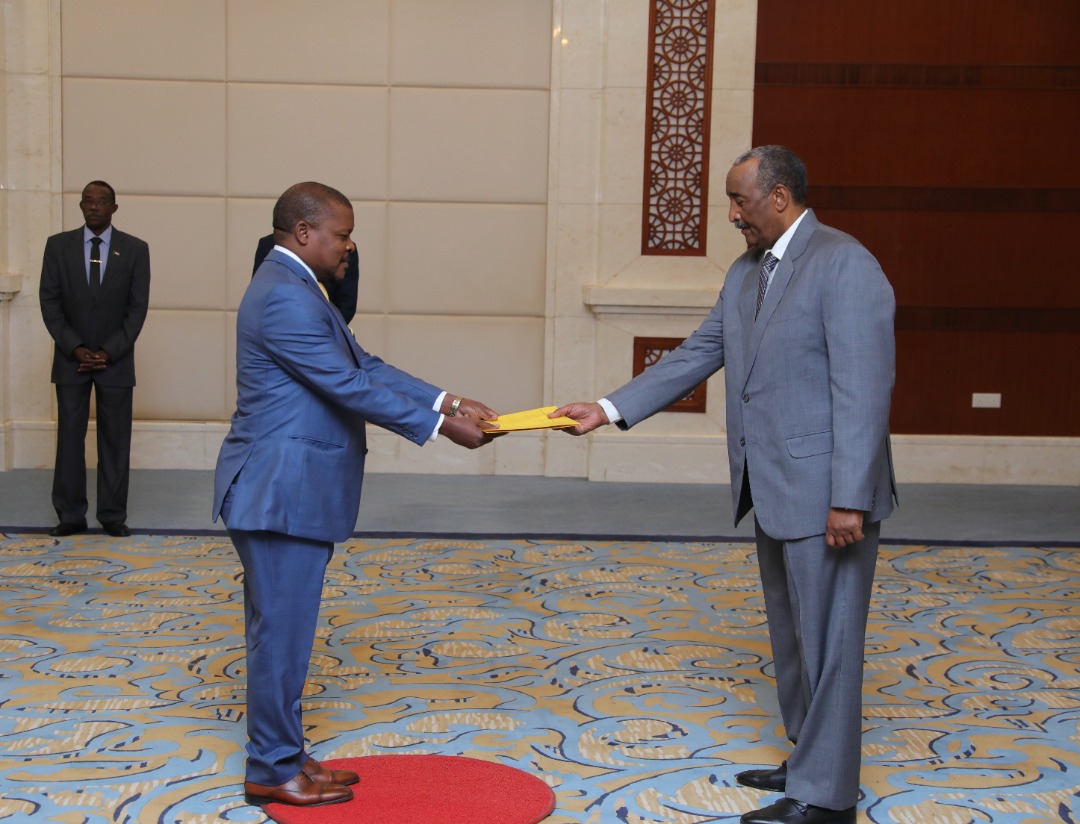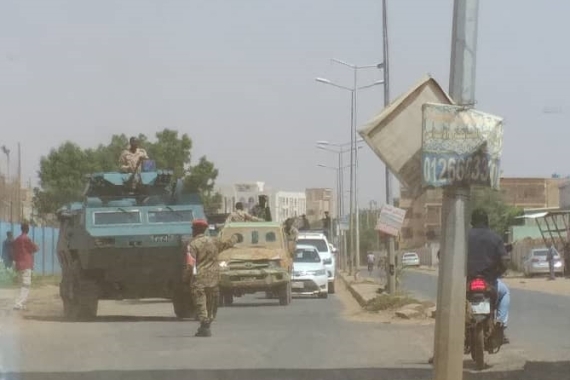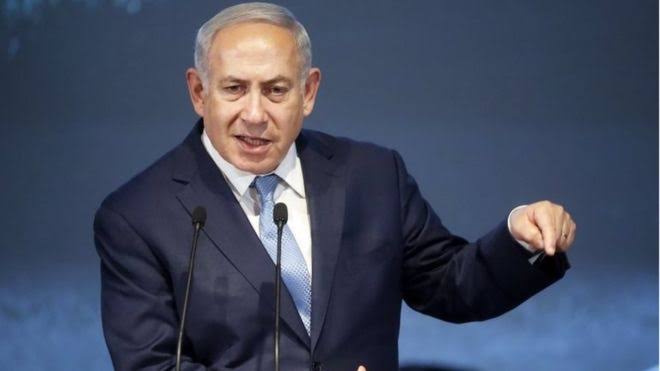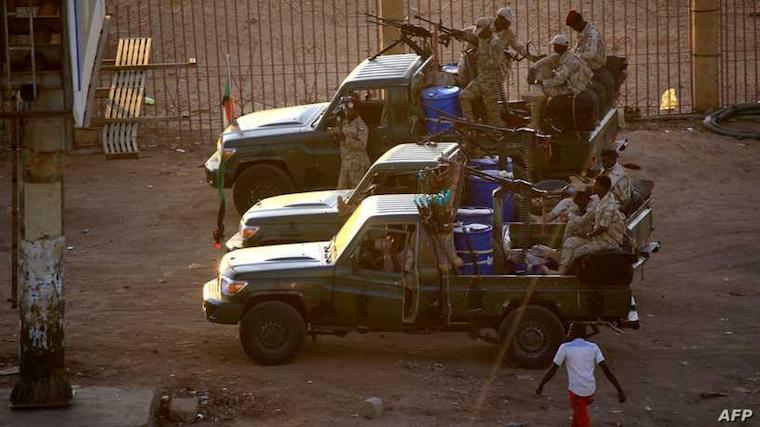A court in Sudan on Monday sentenced 27 members of the country’s security forces to death for torturing and killing a detained protester during the uprising against Sudan’s longtime autocrat Omar al-Bashir earlier this year.
The death of protester Ahmed al-Khair, a school teacher, while in detention in February was a key point — and a symbol — in the uprising that eventually led to the military’s ouster of al-Bashir. Monday’s convictions and sentences, which can be appealed, were the first connected to the killings of protesters in the revolt.
Last December, the first rally was held in Sudan to protest the soaring cost of bread, marking the beginning of a pro-democracy movement that convulsed the large African country. That led, in April, to the toppling by the military of al-Bashir, and ultimately to the creation of a joint military-civilian Sovereign Council that has committed to rebuilding the country and promises elections in three years.
Monday’s verdict in the trial of the security forces took place in a court in Omdurman, Khartoum’s twin city, where dozens of protesters had gathered outside the courtroom, demanding justice for al-Khair.
Al-Khair was detained on Jan. 31 in the eastern province of Kassala and was reported dead two days later. His body was taken to a local hospital where his family said it was covered in bruises. At the time, police denied any police wrongdoing and blamed his death on an “illness,” without providing any details.
The court, however, said on Monday that the teacher was beaten and tortured while in detention. The 27 sentenced were policemen who were working in the jail where al-Khair was held or intelligence agents in the region.
Also this month, a court in Khartoum convicted al-Bashir of money laundering and corruption, sentencing him to two years in a minimum security lockup. The image of the former dictator in a defendant’s cage sent a strong message, on live TV for all of Sudan.
The deposed ruler is under indictment by the International Criminal Court on far more serious charges of war crimes and genocide linked to his brutal suppression of the insurgency in the western province of Darfur in the early 2000s. The military has refused to extradite him to stand trial in The Hague.
Amnesty International and other rights groups have called on the new government to hold security forces accountable for killing scores of people in their efforts to stifle protests against military rule, especially those behind a deadly crackdown on a huge sit-in outside the military headquarters in Khartoum last June.
Since last December, nearly 200 protesters have been killed in Sudan. The government recently appointed independent judges to oversee investigations into the killings, a major achievement for the protest movement.
Sudan is under heavy international and regional pressure to reform. With the economy on the brink, the new government has made it a mission to get Sudan removed from the U.S. list of state sponsors of terrorism so that it can attract badly needed foreign aid. VOA
![]()




























